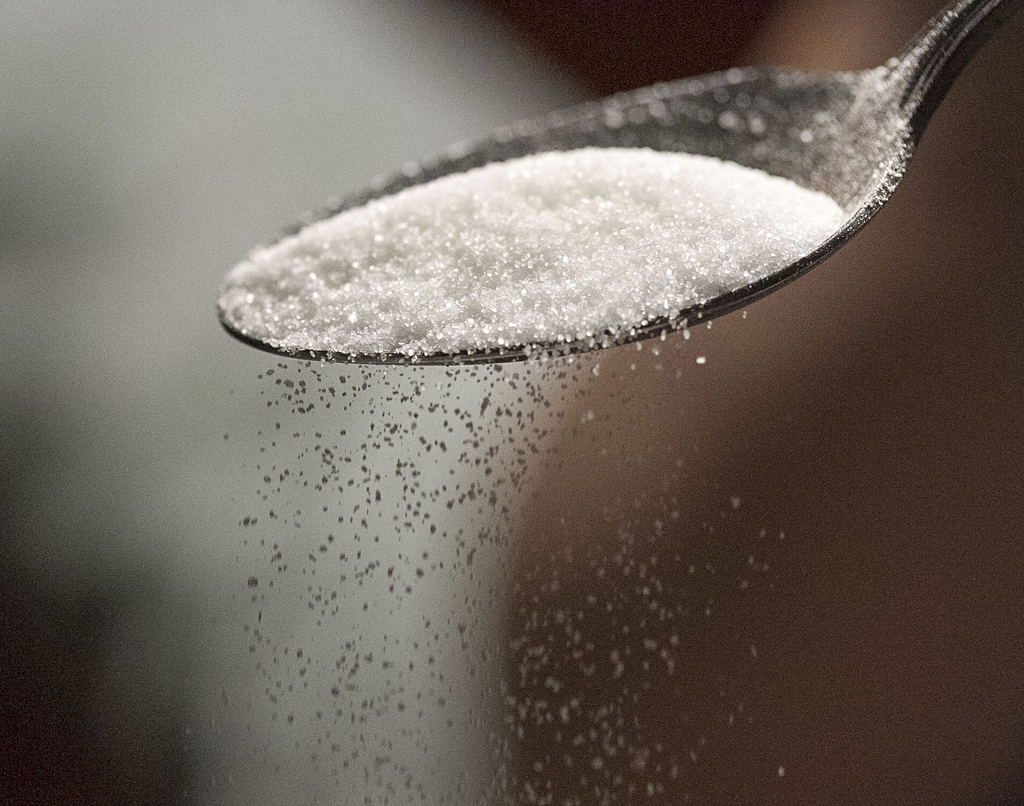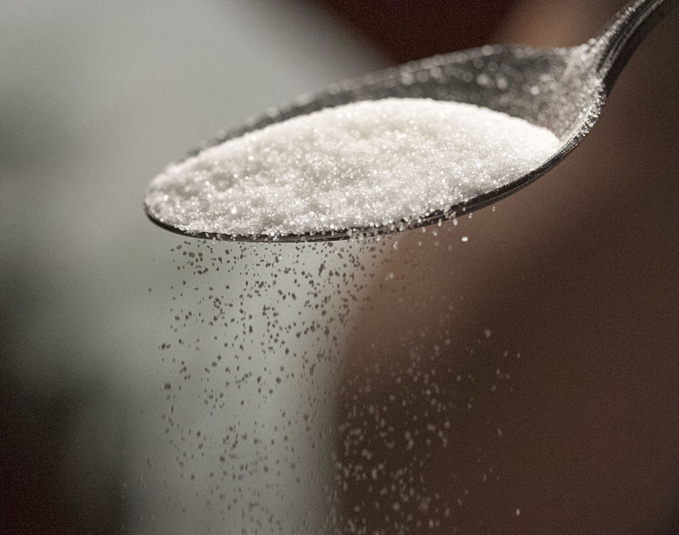In 2006, the European Union organized a reform aimed at reducing excess sugar and getting rid of small and uncompetitive producers in the market. Until October, there was a quota for sugar beet production - 13.3 million tons per year.
As a result, the total volume of output decreased by 30% from 2006 to 2015. The largest sugar producers among the EU countries are France and Germany. Experts predict that once the quotas are abolished, the increase in sugar production in these countries will grow by 25%.
Now, at last, firms that produce sugar in the European Union can manufacture and export as many goods as they want. Companies such as French Tereos and German Suedzucker AG have recently significantly accelerated production rates in the run-up for the lifting of restrictions.
The revision of the quota policy may lead to significant changes in the global sugar trade market. Due to increased production within the EU, the need to import a "sweet product" from Africa and the states located in the Caribbean Sea will drop significantly.
A significant increase in sugar production within the EU can put pressure on prices, which have already fallen by 28% this year. Meanwhile, the EU is now actively collecting a plenteous harvest of sugar beet. "This year's harvest will be solid, and the production of sugar in the EU this season, which we will consider open on October 1, will grow by 23%," Rabudkan International’s analyst said.
The revision of the restrictions will also help the EU to increase sugar exports by almost 50% to 2.2 million metric tons this season, according to the US Department of Agriculture. Some other experts pronounce even more solid figures. According to FranceAgriMer, France alone can increase sugar exports by 3 times to 1 million metric tons.
For many years, European sugar prices have been held much higher than global prices. The abolition of quotas will align them with global ones, Rabobank experts say. On average, the cost of one ton of sugar made in the EU reaches 500 euros ($ 590), according to the European Commission. In London, on the ICE Futures Europe, the price of a white sugar futures contract amounts to approximately $ 363 per ton.
The abolition of quotas may become a good sign for consumers, experts at Investec Bank Plc believe. Removing restrictions "can lead to a reduction in the cost of food, pharmaceuticals and other products that use sugar in their production," said Callum Macpherson, head of the Investec sales division. "This can lead to lower costs for the end user," he says.
source: businessmirror.com.ph
As a result, the total volume of output decreased by 30% from 2006 to 2015. The largest sugar producers among the EU countries are France and Germany. Experts predict that once the quotas are abolished, the increase in sugar production in these countries will grow by 25%.
Now, at last, firms that produce sugar in the European Union can manufacture and export as many goods as they want. Companies such as French Tereos and German Suedzucker AG have recently significantly accelerated production rates in the run-up for the lifting of restrictions.
The revision of the quota policy may lead to significant changes in the global sugar trade market. Due to increased production within the EU, the need to import a "sweet product" from Africa and the states located in the Caribbean Sea will drop significantly.
A significant increase in sugar production within the EU can put pressure on prices, which have already fallen by 28% this year. Meanwhile, the EU is now actively collecting a plenteous harvest of sugar beet. "This year's harvest will be solid, and the production of sugar in the EU this season, which we will consider open on October 1, will grow by 23%," Rabudkan International’s analyst said.
The revision of the restrictions will also help the EU to increase sugar exports by almost 50% to 2.2 million metric tons this season, according to the US Department of Agriculture. Some other experts pronounce even more solid figures. According to FranceAgriMer, France alone can increase sugar exports by 3 times to 1 million metric tons.
For many years, European sugar prices have been held much higher than global prices. The abolition of quotas will align them with global ones, Rabobank experts say. On average, the cost of one ton of sugar made in the EU reaches 500 euros ($ 590), according to the European Commission. In London, on the ICE Futures Europe, the price of a white sugar futures contract amounts to approximately $ 363 per ton.
The abolition of quotas may become a good sign for consumers, experts at Investec Bank Plc believe. Removing restrictions "can lead to a reduction in the cost of food, pharmaceuticals and other products that use sugar in their production," said Callum Macpherson, head of the Investec sales division. "This can lead to lower costs for the end user," he says.
source: businessmirror.com.ph



















